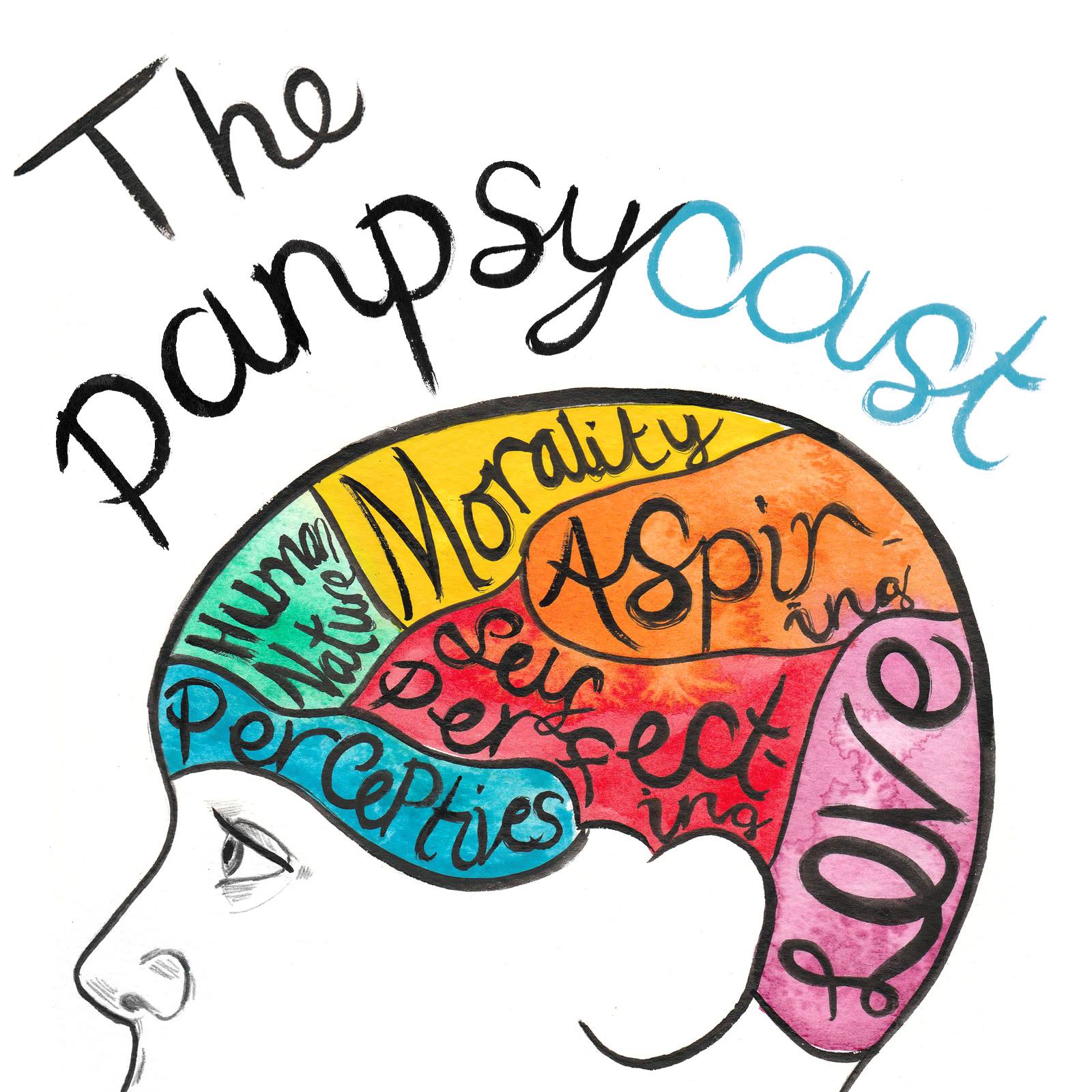Welcome to 'Episode 52 (Part II)', where we'll be engaging in some further analysis and discussion.
Dr Skye Cleary is a philosopher and author, best known for her work in the field of existentialism. As well as teaching at Columbia, Barnard College and the City College of New York, Skye is also the associate director of the Center for New Narratives in Philosophy at Columbia University.
Skye’s contribution to the world of public philosophy has been extensive, writing for a wealth of publications, including The Paris Review, TED-Ed, the Los Angeles Review of Books, Aeon, Business Insider, The Independent and New Philosopher magazine. Skye is also the editor of the American Philosophical Association blog and the author of our focus for this episode, her 2015 book, Existentialism and Romantic Love.
We’re going to be discussing with Skye the idea of romantic love, and what we can learn about love from existentialist philosophers such as Max Stirner, Soren Kierkegaard, Jean-Paul Sartre, Simone de Beauvoir and Friedrich Nietzsche. In a world of romantic cinema, novels, love songs, dating apps, and self-help books, the dream of romantic love has been sold to many of us, but Skye Cleary thinks we need to take a step back. The worry, is that we might blindly sacrifice our freedom, offload our happiness onto another person, or use them as a means to our own ends. Existentialism teaches us that we should aim to live authentically and embrace our freedom. Our question for this episode, is whether or not our current understanding of romantic love is compatible with such a view. Can Jack meet Jill fall in love, and not fall down the hill? Should we, can we, and why, should we love?
The file size is large, please be patient whilst the podcast buffers/downloads/falls in romantic loveContents
Part I. Existentialism and Romantic Love.
Part II. Further Analysis and Discussion.



